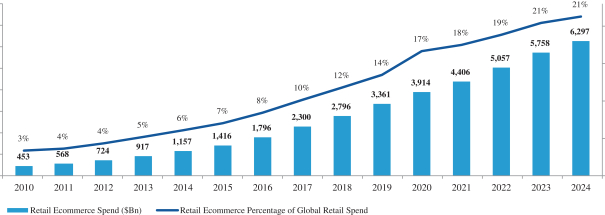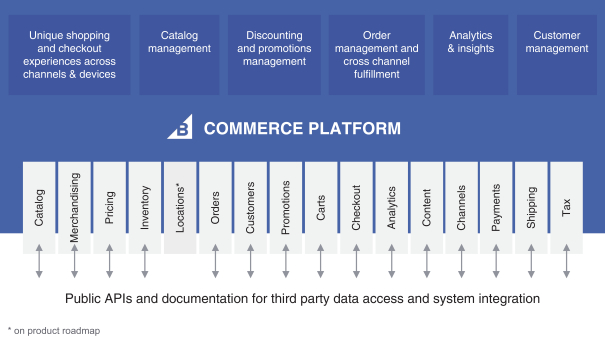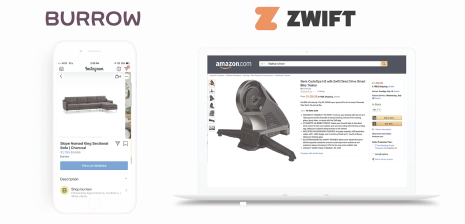markets have experienced significant volatility as a result of the COVID-19 pandemic. Market volatility, as well as general economic, market, or political conditions, including the U.S. presidential election in 2020, could reduce the market price of shares of our Series 1 common stock regardless of our operating performance.
Our operating results could be below the expectations of public market analysts and investors due to a number of potential factors, including: (1) variations in our quarterly operating results or dividends, if any, to stockholders, (2) additions or departures of key management personnel, (3) publication of research reports about our industry, (4) litigation and government investigations, (5) changes or proposed changes in laws or regulations or differing interpretations or enforcement of laws or regulations affecting our business, (6) adverse market reaction to any indebtedness we may incur or securities we may issue in the future, (7) changes in market valuations of similar companies, (8) speculation in the press or investment community, (9) announcements by our competitors of significant contracts, acquisitions, dispositions, strategic partnerships, joint ventures, or capital commitments, (10) the impact of the COVID-19 pandemic on our management, employees, partners, customers, and operating results, and (11) adverse publicity about the industries we participate in or individual scandals. In response, the market price of shares of our Series 1 common stock could decrease significantly. You may be unable to resell your shares of Series 1 common stock at or above the public offering price.
Following periods of volatility in the overall market and the market price of a company’s securities, securities class action litigation has often been instituted against these companies. Such litigation, if instituted against us, could result in substantial costs and a diversion of our management’s attention and resources.
Our ability to timely raise capital in the future may be limited, or may be unavailable on acceptable terms, if at all. Our failure to raise capital when needed could harm our business, operating results and financial condition. Debt or equity issued to raise additional capital may reduce the value of our Series 1 common stock.
We have funded our operations since inception primarily through equity financings, debt, and payments by our customers for use of our platform and related services. We cannot be certain when or if our operations will generate sufficient cash to fund our ongoing operations or the growth of our business.
We intend to continue to make investments to support our business and may require additional funds. Additional financing may not be available on favorable terms, if at all. If adequate funds are not available on acceptable terms, we may be unable to invest in future growth opportunities, which could harm our business, operating results and financial condition. If we incur additional debt, the debt holders could have rights senior to holders of Series 1 common stock to make claims on our assets. The terms of any debt could restrict our operations, including our ability to pay dividends on our Series 1 common stock. If we issue additional equity securities, stockholders will experience dilution, and the new equity securities could have rights senior to those of our Series 1 common stock. Because our decision to issue securities in the future offering will depend on numerous considerations, including factors beyond our control, we cannot predict or estimate the amount, timing or nature of any future issuances of debt or equity securities. As a result, our stockholders bear the risk of future issuances of debt or equity securities reducing the value of our Series 1 common stock and diluting their interest.
Insiders have substantial control over us, which may limit our stockholders’ ability to influence corporate matters and delay or prevent a third party from acquiring control over us.
As of September 30, 2020, our directors, executive officers, and current beneficial owners of 5% or more of our voting securities and their respective affiliates beneficially own, in the aggregate, approximately 60.3% of our outstanding Series 1 common stock Further, Steven Murray, a member of our board of directors and the operating manager of the ultimate general partner of Revolution Growth, Lawrence Bohn, a member of our board of directors and a partner of General Catalyst Group, and Jeff Richards, a member of our board of directors and managing director of GGV Capital, beneficially own an aggregate of approximately 14.0%, 15.1%, and 4.6% of our Series 1 common stock, respectively, as of September 30, 2020. This significant concentration of ownership may adversely affect the trading price for our Series 1 common stock because investors often perceive disadvantages in owning stock in companies with controlling stockholders. In addition, these stockholders will be
35







